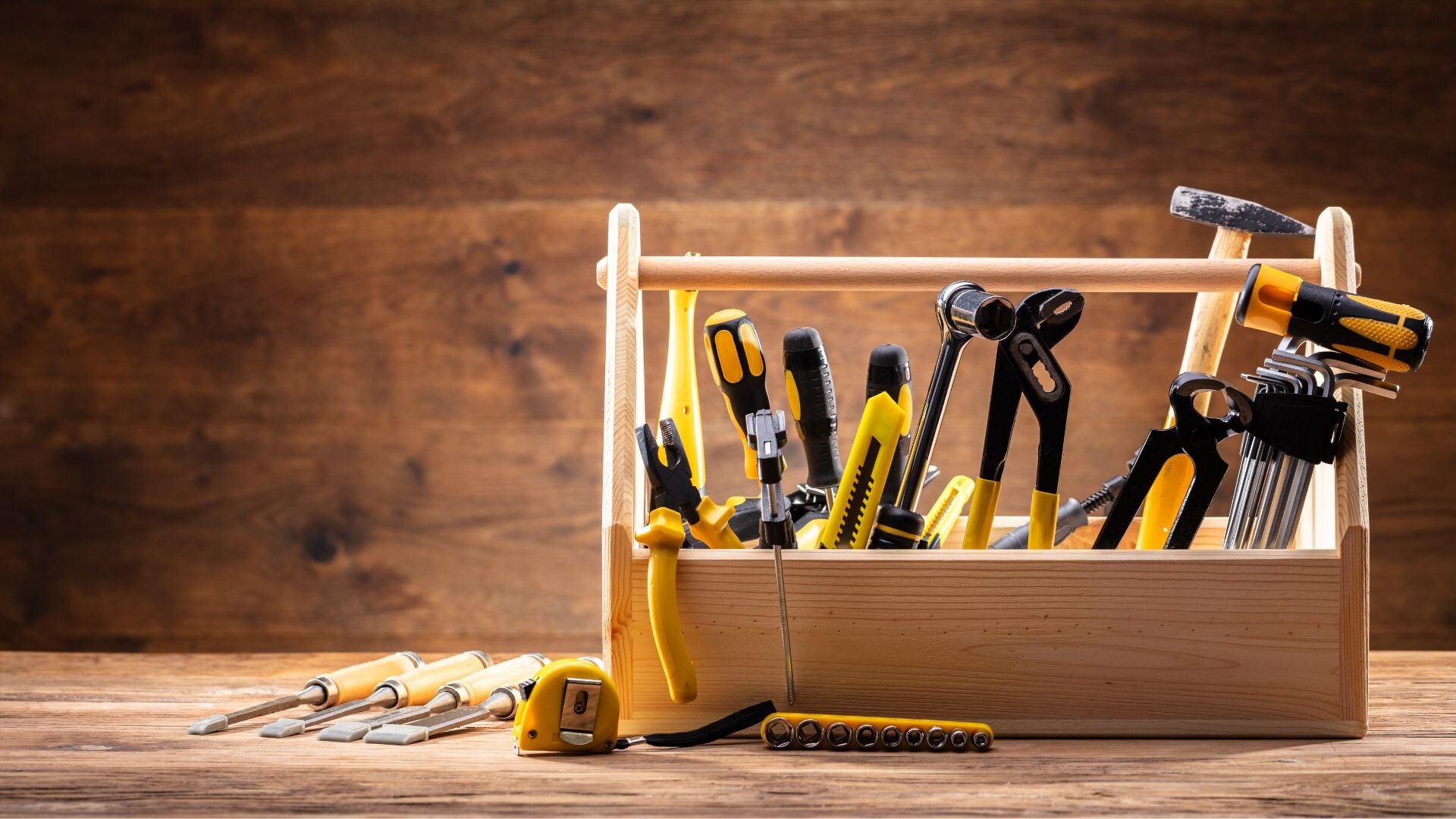
In the spheres of construction, home improvement, and maintenance, having the right toolkit is paramount. For professionals and DIY enthusiasts across Australia, access to quality tools is not just a matter of convenience, but also of safety and productivity. As such, an in-depth understanding of the essential tools in Australia that should grace every kit is vital.
The Foundation of Australian Toolkits
The typical Australian toolkit should host a variety of hand and power tools. From hammers and screwdrivers to drills and saws, each piece of equipment serves a unique purpose. To ensure that tasks are completed efficiently and effectively, high-quality options that withstand regular use in the harsh Australian climate are advisable.
An important consideration when assembling tools is the realm of application. For example, electricians, carpenters, plumbers, and mechanics all require specialised tools tailored to their trade. However, certain tools are considered universal essentials, such as measuring tapes, utility knives, and wrenches, which are necessary for various projects and repairs.
Necessity of Versatile Storage Options
Equally important as the tools themselves is the method of organisation and storage. A portable tool chest offers streamlined storage and easy transportation of tools, whether onsite or in a workshop. The hallmark of a robust tool chest includes durability, ample space, and organisation features that cater to the varying sizes and shapes of tools.
Mobile roller cabs are particularly noteworthy for individuals who work in large workshops or frequently shift work locations. They provide a balance between spacious storage and the ease of movement, thus ensuring that all necessary tools are within arm’s reach whenever they are required.
Specialisation and Diversity
While a basic toolkit forms the crux of any collection, specialisation in certain domains requires specific tools. For cyclists, for instance, maintaining their bikes necessitates a collection of customised tools. Access to a robust set of bicycle tools can make the difference between a smooth ride and a potential mishap.
Bicycle tools feature items such as chain breakers, pedal wrenches, and spoke wrenches, and they are adapted for the intricate components of bicycles. Owning these tools and knowing how to employ them confidently can extend the life of a bicycle whilst ensuring optimal performance.
Embracing Technology and Innovation
As Australia’s tool industry progresses, technological advancements have led to the evolution of traditional tools. Power tools are now often cordless, boasting increased efficiency and portability. Additionally, advancements in battery technology have resulted in longer run times and reduced charging periods.
Innovations also see an upswing in the integration of smart technology into tools. Features such as Bluetooth connectivity and app compatibility allow for monitoring and controlling of tools through smart devices, providing a level of convenience and control that was previously unthinkable.
Environmental and Safety Considerations
In the zeitgeist of the 21st century, environmental sustainability and safety have become integral components of the tools sector. Manufacturers are increasingly producing tools that are more energy-efficient, utilise sustainable materials, and minimise their environmental impact.
Safety is of paramount importance, and modern tools are engineered to include features like automatic shutoff, emergency brakes, and enhanced ergonomic designs to minimise the risk of injury and strain. Safety gear, such as gloves, goggles, and ear protection, also complement the safe use of tools.
Guidance and Expertise
For Australians seeking to compile their toolkits, professional guidance goes a long way in ensuring that they choose the appropriate tools for their tasks. Many local and online vendors, apart from offering a vast array of tools, also provide expert advice to assist customers in their selection process.
Workshops and DIY classes have also surfaced as platforms for individuals to learn about tools and gain hands-on experience, which can be particularly empowering for the DIY community. Thus, equipping oneself with the right tools extends beyond mere ownership, also encompassing education and proficient usage.
Conclusion
Tools are the linchpin of craftsmanship, construction, and home maintenance. As Australia continues to grow and innovate, the need for high-quality tools and storage solutions will only escalate. Individuals must choose their tools and storage options wisely, balancing the necessity for durability, specialisation, and safety with the convenience offered by modern advancements.
Whether it’s stocking up a basic toolkit, investing in a secure portable tool chest, or specialising in niche areas with bicycle tools, Australians are well-served by the country’s diverse and accessible toolkit offerings. This not only empowers professionals and hobbyists alike but also fortifies the nation’s capabilities in building, maintaining, and repairing with efficiency and excellence.




